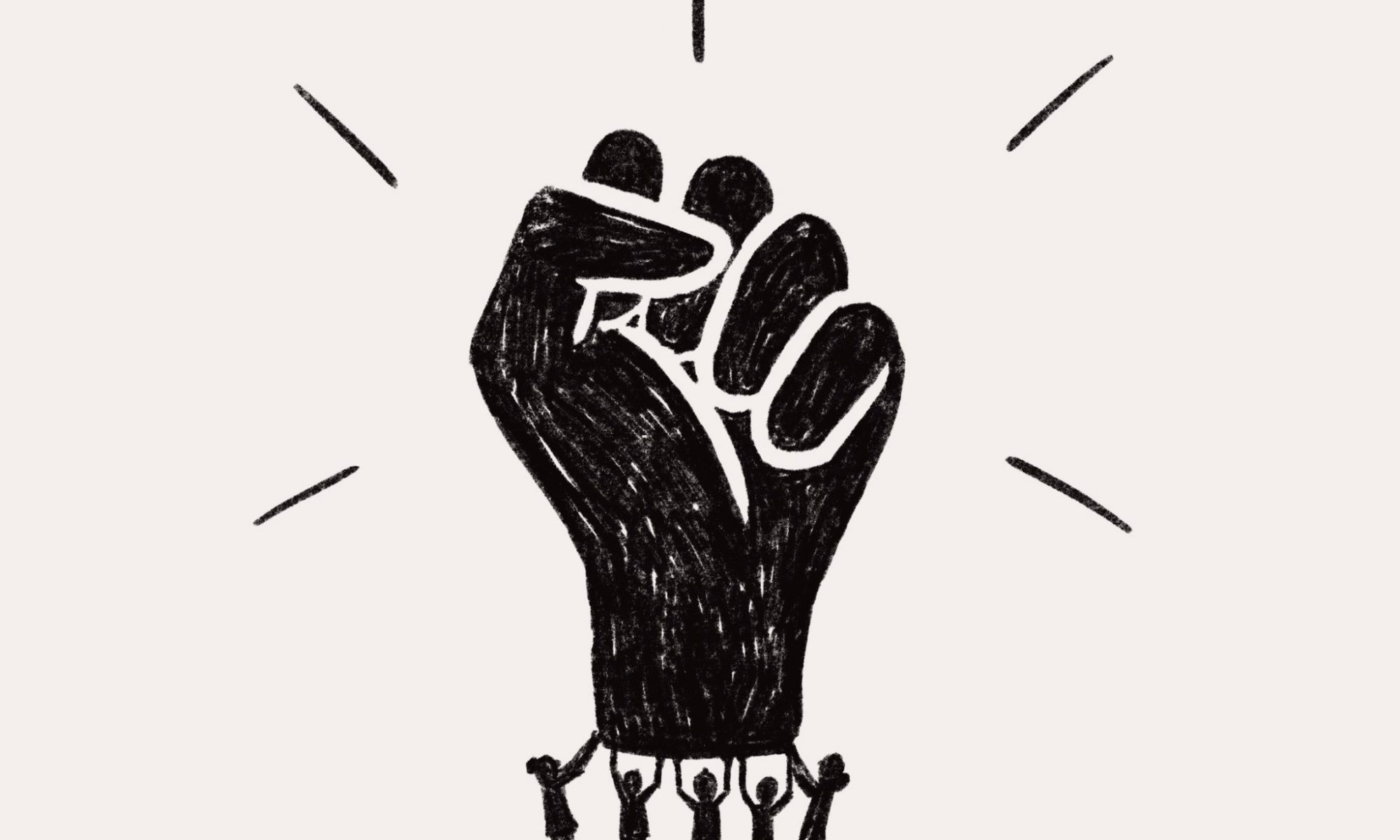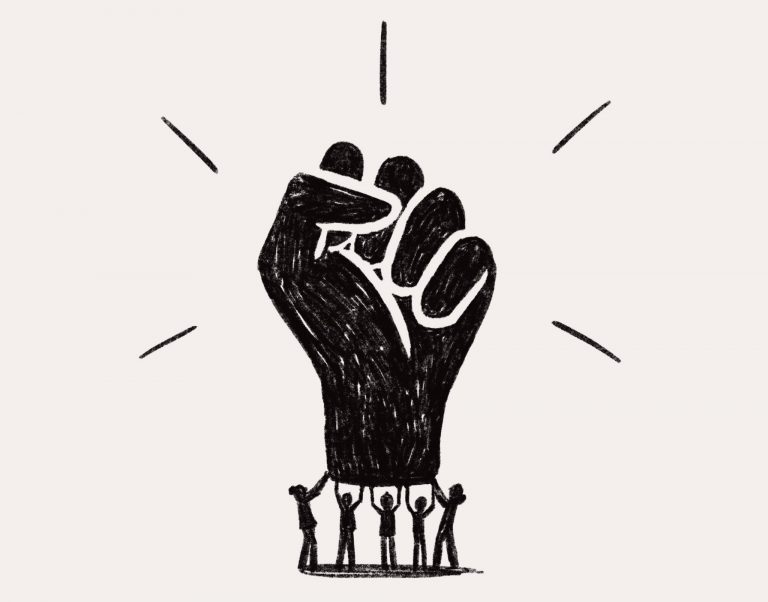Dear Sociology Majors,
Several of you have sent email about the events our country has been experiencing in the aftermath of the murder of George Floyd and about your own personal stories of pain and injustice. I too have found these last days and weeks to be horribly disturbing. I write to share some personal thoughts and, together with my faculty colleagues, raise our voice against racism, discrimination and social injustice of all kinds. We pledge our commitment to helping you navigate these difficult times together.
Those of us who “find” sociology during our undergraduate years can usually remember the moment when it seemed like a curtain had been pulled back to reveal explanations for many aspects of our personal and public lives that we thought we knew so much about, but actually didn’t. Or to offer information that helped us understand things that we knew didn’t quite make sense, but also didn’t know exactly why. Or to provide us with data documenting an inequity, debunk a falsehood, or challenge an injustice that we knew to be wrong, but didn’t have the evidence to dispel. At the same time that sociology offers us these insights, it also comes with a burden of realizing how intractable these inequalities and injustices are, of wanting to do something to stop them, but feeling inadequate to actually make a difference. I too often feel that sadness, anger, and frustration. But as much as the events of these last several weeks enrage and discourage, I believe they also offer hope that oppressed voices are being heard and a renewed belief in our ability to make a difference. Whether by explicitly acknowledging the existence and consequences of systemic discrimination; or by listening—truly listening—to the personal and painful experiences of inequity endured by our friends, fellow students, and citizens; or by joining the protests that are taking place across our country; or by voting in our elections in November, we can be heard and we can make a difference.
In the spirit of encouraging you to learn more, listen more, and share more, I offer here links to resources provided by the American Sociological Association: its recent statement about systemic racism and its list of experts and relevant research. I hope you will find these useful in thinking more about issues related to social injustice. As you know, these issues cut across all institutions of our society, affecting not only policing and the criminal justice system, but also health care, the environment, gender identity, families, education, housing, employment, and more. As for myself and my colleagues, we renew our commitment to share our knowledge and our own experiences of injustice with you, and to listen to your personal stories, perspectives, and insights with regard to injustices of all kinds. We are committed to helping each of you manage the pain, stress, and obstacles brought by the multiple and inter-related events of this spring and summer. And we continue our commitment, as teachers, researchers, and individuals, to work against the systemic injustices that pervade our institutions and cause pain, suffering, and indignity, long-present but especially revealed by the deaths, illness, brutality, and violence that we have been witnessing and experiencing over the last several months.
As we all navigate these difficult times, please remember the network of individuals throughout UF who are also committed to helping students work through these difficult times and maintain their health and well-being. Keep in mind the counselors at UF’s Wellness Center, available at 352-392-1575 or through their website. Please also remember that each of you is a resource. Care and be present as best you can for your fellow students, especially students of color. If you see someone struggling, remember, you can always contact UMatter, We Care to try and connect them with resources here at UF. They are a wonderful resource and have helped many of our students with stressful circumstances. To help someone or seek help, all you need to do is email umatter@ufl.edu.
I hope that your experiences as a sociology major continue to provide insight into understanding the issues our society struggles to overcome, including the causes and consequences of systemic racism and the pain that injustice and discrimination cause. I hope that the material we discuss in our courses and our conversations with one another may help us think about and find solutions to these enduring problems in our society. More than anything, I hope that our interactions encourage us to recognize one another’s humanity, to listen to the stories of those who have been hurt by injustice, and to think about how each of us might contribute to a better society, whether that means here at UF, in our local communities, or in our country at large.
Please feel free to share any of your thoughts and feelings about the events of these last few weeks. My colleagues and I are here to listen and to offer any help that we can.
Be safe and be well.
Professor Borg

